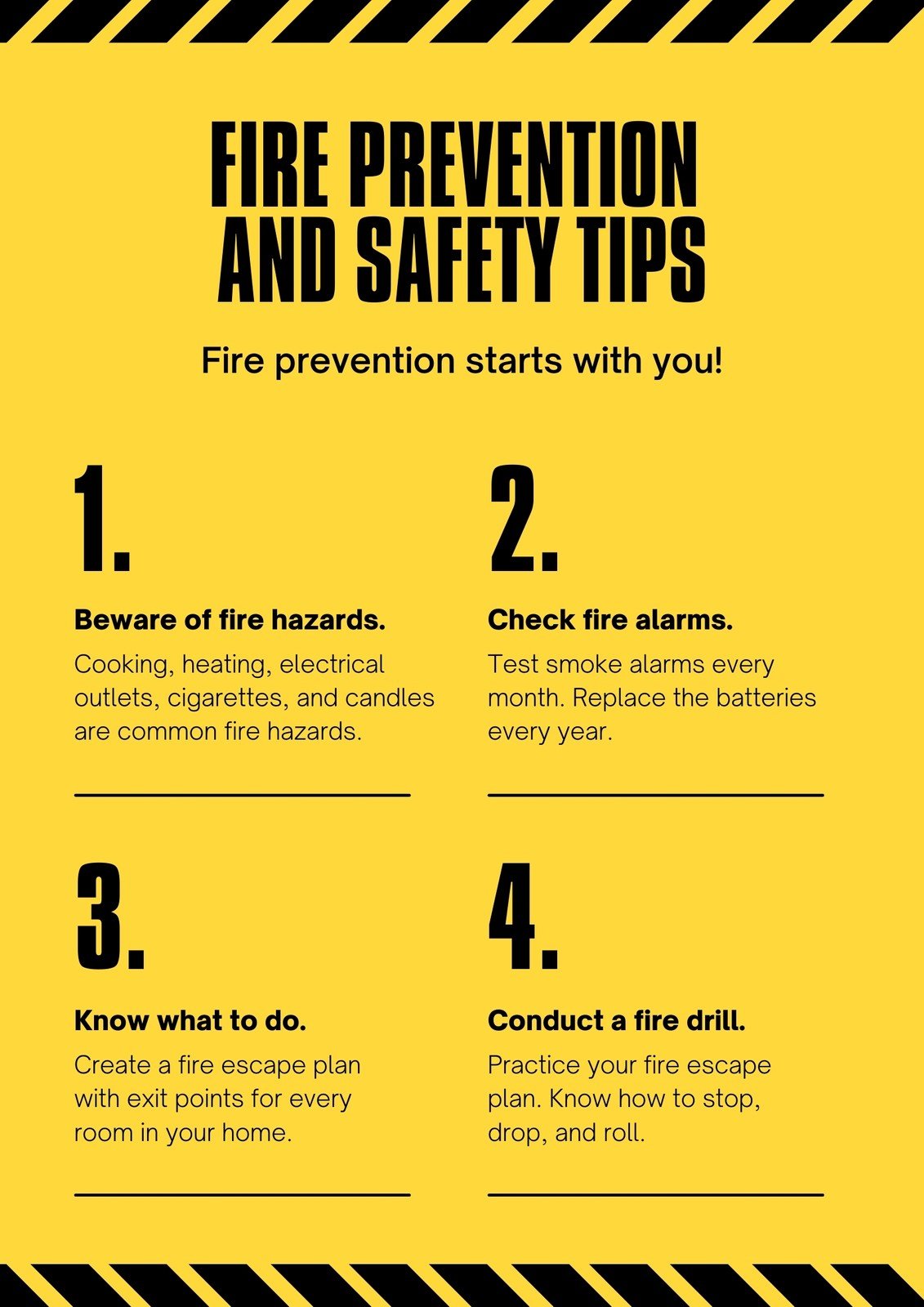Ensuring Fire Safety in US Offices: Fire Brigade Readiness for Businesses
Ensuring Fire Safety in US Offices: Fire Brigade Readiness for Businesses
Blog Article
From fire alarms to evacuation plans, US offices must comply with strict regulations to minimize risk and meet insurance and legal standards.
This article explores how American companies can strengthen fire safety through effective safety renewals.
By the end, you’ll have a practical roadmap for ensuring your office meets the highest fire safety standards and safeguards your most valuable assets: your people.
The Importance of Workplace Fire Safety
Electrical malfunctions, kitchen mishaps, overloaded circuits, or improper storage can all ignite dangerous workplace fires.
Companies that prioritize fire prevention demonstrate responsibility, enhance employee trust, and maintain business continuity.
In the US, workplace fire safety is regulated by a mix of national standards (like NFPA guidelines) and local fire codes.
Understanding Fire Warden (Brigade) Training Requirements
This training is essential for ensuring that offices can respond quickly and safely if a fire breaks out.
Many programs cover topics like fire extinguisher use, alarm systems, emergency communication, evacuation routes, and post-incident reporting.
Well-trained fire wardens not only enhance safety but also help organizations pass compliance inspections, reducing legal and insurance risks.
Steps to Pass Fire Safety Inspections
Certification often includes on-site inspections and review of safety documentation.
Review your emergency action plan, ensuring it’s accessible and clearly communicated to all staff members.
Certification isn’t a one-time event—renewals are typically required every few years or after major renovations or occupancy changes.

How to Keep Your Office Fire-Safe Every Day
Fire safety isn’t just about passing inspections—it’s about maintaining vigilance every day.
Ensure that emergency exits remain unlocked, clearly marked, and free of obstructions at all times.
Host periodic refresher trainings, conduct surprise fire drills, and encourage team leaders to review emergency plans during staff meetings.
Legal and Insurance Implications of Fire Safety Compliance
Failing to meet fire safety standards can have severe legal and financial consequences for US businesses.
Insurance coverage is also tied to compliance.
By prioritizing fire safety, businesses demonstrate responsibility and reduce the risks of costly legal and financial setbacks.

Why Every US Business Needs Strong Fire Safety Practices
Whether you run a small office or a large corporate campus, robust fire safety strategies are a non-negotiable part of doing business.
By investing in fire warden training, maintaining up-to-date certifications, and conducting regular safety audits, organizations position themselves for long-term success.
Keep your team informed, your equipment updated, and your plans reviewed regularly.
Common Questions on Workplace Fire Prevention
Which employees should receive fire brigade training?
However, all employees should receive basic fire safety orientation and know evacuation procedures.
What is the renewal period for fire safety compliance?
Some certifications also need updates after renovations, equipment changes, or occupancy shifts.
What triggers most workplace fires in the US?
Routine inspections and employee awareness help prevent these hazards.
How does fire safety affect insurance coverage?
Failing to meet these standards may reduce payout or lead to denied claims in case of a fire.
What elements make up a solid fire emergency plan?
It should be clearly communicated, posted in visible areas, and reviewed regularly with staff.
serviços de segurança predial leia mais aqui segurança contra incêndio Report this page